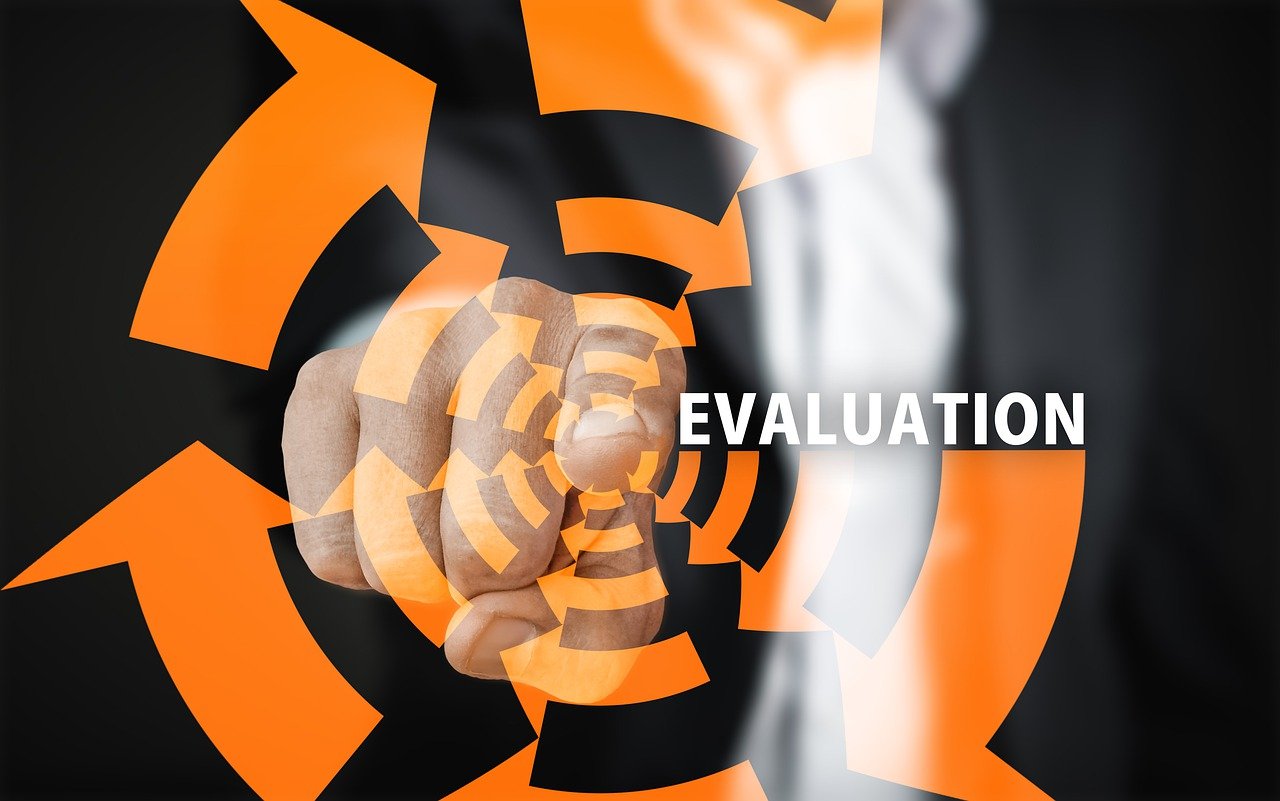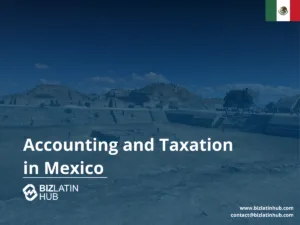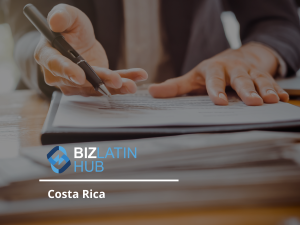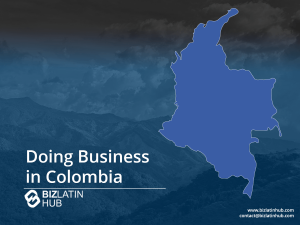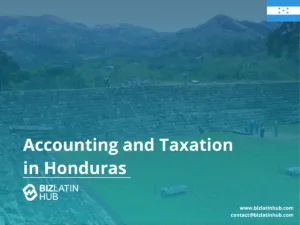Understand how to manage your business risks with due diligence in Brazil. Brazil’s favourable conditions for doing business and consumer market size attract many multinational companies looking to expand into Latin America.
Brazil has several legal peculiarities that impact companies’ way of doing business that they must be aware of. Additionally, it is important for companies to accurately understand and make informed decisions on the level of risk they face when engaging new partners or contacts, buying existing companies and assets, and hiring staff.
In order to invest in a pre-existing company in Brazil, the investor should carry out comprehensive due diligence in Brazil. This means clarifying the legal and financial health of the company, among others.
When should I carry out due diligence in Brazil?

The purpose of due diligence practices is to help business owners and decision-makers understand any applicable risks to business activity and make informed decisions about those risks that align with the best interests of the company.
Executives may choose to undertake certain due diligence processes in Brazil when:
- Purchasing an existing company
- Purchasing company assets
- Hiring specialized or senior staff
- Partnering with or contracting an unfamiliar agency
- Forming other key working relationships with individuals or organizations.
Due diligence practices analyze relevant legal, financial, and background information in these contexts to offer information to the decision-makers of a business to prevent unnecessary or inadvertent risk-taking, and absorbing unknown liabilities from new partnerships or acquisitions.
Legal due diligence in Brazil
Within the scope of a company’s legal documents, carrying out due diligence in Brazil will serve to assess whether a company is currently meeting its legal compliance requirements for registration with public entities. This is helpful for business owners to understand the nature of an existing company they are looking to purchase. Alternatively, they may also undertake due diligence on their own company, also known as an entity health check (see video below).
Accordingly, due diligence processes in Brazil typically request and analyze the following company documents:
- Articles of incorporation duly registered
- Taxpayer number (CNPJ)
- If applicable, Foreign Capital Registration before the Central Bank
- Issuance of the clearance certificates to be provided by the governmental authorities, specifically Procuradoria Geral da Fazenda Nacional (PGFN), INSS (Social Security), FGTS and the respective Municipality
- Clearance certificate of labor debts
- Federal, State and Labor Court Distribution Register
- Clearance certificate of protest of titles in the respective Municipality
- Labor agreements and all payroll information.
During the initial analysis, it is possible that other details must be provided by the company that is subject to due diligence. Thus, the list of documents above may undergo additions according to the needs observed during the due diligence.
Accounting and financial due diligence

As important as the legal aspects of the company, it is also important to analyze a company’s financial health through due diligence. Again, this can be to understand risks involved with purchasing an existing company or in giving a business owner assurance of their own company through an entity health check. In this sense, a study of tax and accounting issues is a key tool to manage possible business risks.
In this step, aspects related to compliance with tax and accounting obligations, as well as an analysis of the company’s balance sheet should be the result of solid analysis. For this phase, the following documents and information is typically assessed:
- Certification with the tax authority of compliance with annual taxes and income tax (declarations) of the previous 5 years
- Verification of compliance with annual taxes of the previous 5 years
- Certification of company assets (movable and immovable assets)
- Digital certificate status
- Copy of the monthly reports of the last 5 years
- Balance sheets.
External auditors undertaking due diligence may require additional documents from the company in order to provide a more in-depth analysis or resolve any doubts.
In addition, if the company is part of a judicial or administrative proceeding, a full report on the cases must be provided, including the parties, the subject, the jurisdiction, the amount of the case and the likelihood of loss.
Another relevant point is that each due diligence activity must be addressed individually. Depending on the company’s line of business, regulatory issues must be observed on a case-by-case basis. Pharmaceutical companies, cosmetics manufacturers, and food companies are some examples where regulatory requirements may differ significantly, due to health and other standards. Due diligence in Brazil may therefore involve a slightly different process for those with additional standards to comply with.
Engage with experienced auditors to carry out due diligence in Brazil
Protect your company from non-compliance and other potential risks by seeking out due diligence services in Brazil from a trusted team. Engage with a local multilingual team experienced in conducting thorough checks on company and employment circumstances in Brazil, so you can make informed decisions about your business venture.
At Biz Latin Hub, our team of bilingual professionals in Brazil have the knowledge and experience in due diligence reviews to ensure your company is protected while it makes new connections in Brazil. We support new market entrants and existing companies looking to acquire new businesses or hire new staff.
Get in touch with our team now to manage your business risks in Brazil.
Learn more about our team and expert authors.
